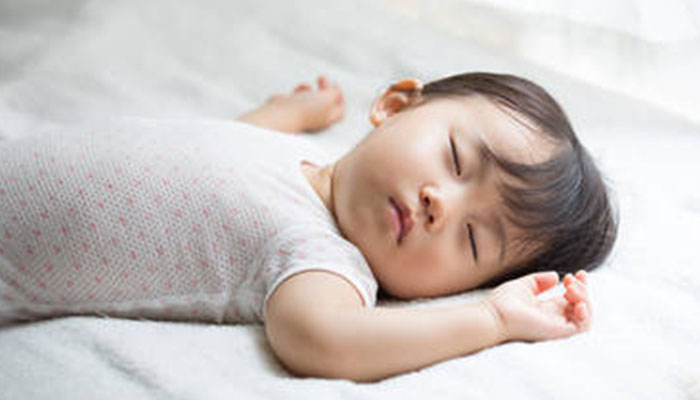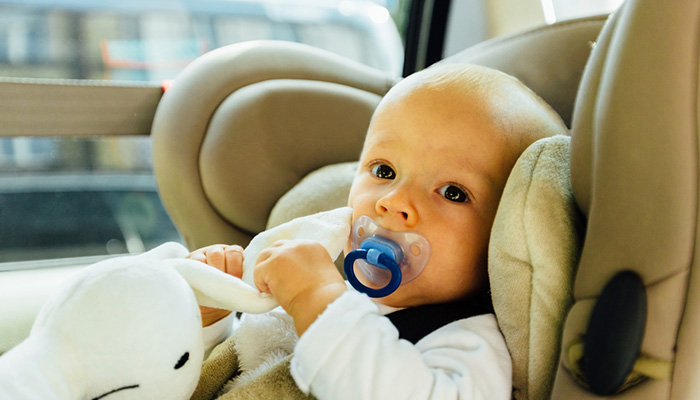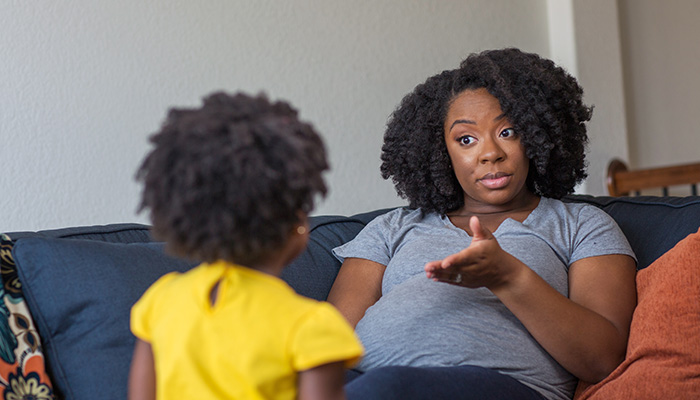Sleep is one of the most commonly discussed topics in our well child visits. We all know how vital sleep is for our bodies to function well but, how much sleep do children really need? The following age-based recommendations are from the American Academy of Pediatrics:
- Infants 4 months to 12 months should sleep 12 to 16 hours per 24 hours (including naps)
- Children 1 to 2 years of age should sleep 11 to 14 hours per 24 hours (including naps)
- Children 3 to 5 years of age should sleep 10 to 13 hours per 24 hours (including naps)
- Children 6 to 12 years of age should sleep 9 to 12 hours per 24 hours on a regular basis
- Teenagers 13 to 18 years of age should sleep 8 to 10 hours per 24 hours on a regular basis
There is so much that can be said about sleep. Here are a few recommendations for helping your child get enough sleep:
*Consistency is key: Going to bed around the same time and waking about the same time each day is vitally important for restorative sleep. Even on the weekends, it is best to go to bed and wake up no more than 2 hours later than the weekdays. Going to bed late on the weekends makes it difficult to fall asleep at the right time on Sunday evening, making children tired on Monday morning, which spirals into grumpiness and a tough start to the week. (This has happened many times in my house!)
*Develop a bedtime routine: for younger children, this typically involves bathing and reading; even for older children and teenagers, there should be some semblance of a routine, which mainly needs to be TURNING OFF ELECTRONICS at least 30-60 minutes before bedtime. (This is true for adults as well!) Visual electronic devices are extremely stimulating for our brains, so we all need time to wind down and allow our brains to relax before sleeping.
*Create a peaceful sleep environment: children need a quiet, dark room for ideal sleep. Sometimes blackout shades or curtains are needed, especially during our Minnesota summers. Some children may also benefit from a white noise machine if they are especially sensitive to sounds from the rest of the home. As noted above, bright electronic devices should not be in a child’s room at night, no matter the child’s age.
For more information on healthy sleep, click the link below or read one of the recommended books:
https://www.healthychildren.org/english/healthy-living/sleep/pages/healthy-sleep-habits-how-many-hours-does-your-child-need.aspx
Healthy Sleep Habits, Happy Child, Marc Weissbluth M.D.
Solve Your Child’s Sleep Problems, Richard Ferber M.D.
Sleeping Through the Night: How Infants, Toddlers, and Their Parents Can Get a Good Night’s Sleep, Jodi Mindell Ph.D.



